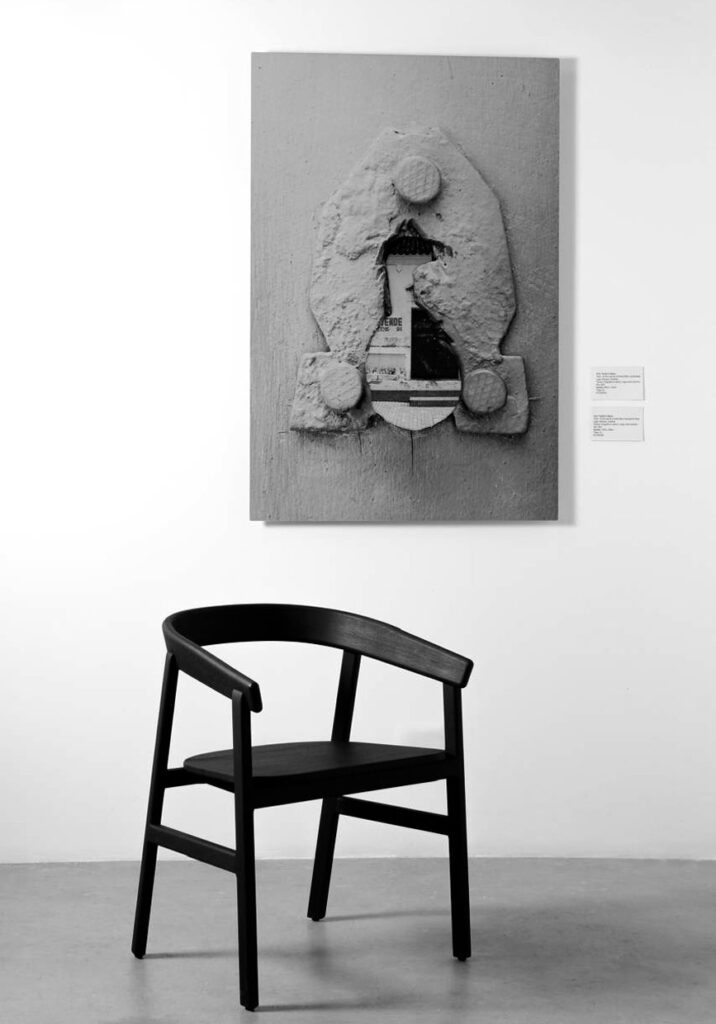These photos of the Magdalena River belong to my series ‘Magical Realism’ and were taken during my Artist Residency in Santa Cruz de Mompox in 2021. I was fortunate to live for a month in this district of Colombia, in the department of Bolivar declared a National Monument and World Heritage Site by UNESCO, which is located on the banks of the Magdalena River.
Wade Davis says in his book Magdalena River of dreams:
“We live on a Water Planet… Water can shift states, becoming gas, solid, or liquid, but its essence can be neither created nor destroyed. The amount of moisture on the planet does not change through time… Water has no beginning and no end. To slip ones hand into a river is to return to the point of origins, to connect across the eons to that primordial moment, impossibly distant in time, when celestial bodies, perhaps frozen comets, collided with the Earth and brought the elixir of life to a lonely, barren planet in velvet void space.”
To navigate the Magdalena River is to evoke the origin of the world with its mystery and magnificence.
Gabriel García Márquez says in One Hundred Years of Solitude:
“Macondo was then a village of twenty houses of mud and reed built on the banks of a river of diaphanous waters that rushed through a bed of polished stones, white and huge as prehistoric eggs. The world was so recent, that many things lacked names, and to mention them one had to point a finger at them.”
My photos are a tribute to water as a fundamental principle of all that we are as humanity.
In my account @mompoxmagico there is a chronicle of my stay in this place stopped in time. Mompox is Magic Realism. It is Gabriel García Márquez’s One Hundred Years of Solitude.


Marcela Bellini’s series, “Magical Realism,” is a visual exploration of absence within the contrasting environment of Mompox⏤, a city that has experienced both prosperity and decline throughout its rich colonial history. Presented in Cali, the exhibition brings together a selection of black and white photographs that carry an eerie sense of anticipation in their lack of human presence. Through wrought iron locks, remnants of the colonial era, Bellini captures scenes of outdoor spaces in a perpetual state of waiting.
In these photographs, the viewer gazes from an interior space, symbolized by the door and lock, towards a public space. This dynamic reverses the usual voyeuristic gaze that presupposes an invasion of privacy. Placing the viewer in this position accentuates their sense of isolation and disconnection from the outside world while generating the expectation that something or someone will burst into the scene we observe through the keyhole. As spectators, we are drawn into this endless wait.
The Magdalena River, essential to Mompox’s colonial past and a silent witness to Colombia’s historical transformation, manifests itself in serene beauty and desolation, reflecting a backdrop of struggle and resilience. Occasionally, the apparent absence of the human figure is delicately contradicted by the presence of a canoe swaying with the tides, subtly suggesting the interaction between humans and this vast natural space.
“Magical Realism” emerges as a recent chapter of ‘Nadie’ (‘Nobody’), an ongoing series that Bellini initiated in 2014, documenting urban spaces around the world in the fleeting moments devoid of human presence. In hindsight, her work appears prophetic, surprisingly reflecting the emptiness that cities worldwide would experience during the pandemic.
Bellini’s methodology, influenced by her background in philosophy, literature, and journalism, is inherently narrative. Each empty scene becomes a stage waiting to be occupied, and each landscape is a silent witness to the stories it has experienced. The absence of human figures grants prominence to other elements within the image, whether it be the elegant architecture of a city, an iconic piece of sculpture in a square, or a modest canoe swaying to the rhythm of the water. This absence opens the door to other presences: those of history, memory, and emotion.
The powerful presence of absence that permeates Bellini’s work may have roots in a deeply significant personal experience. The loss of her father early in her life, a heartbreaking and transformative event, could have instilled in her the need to explore this void through her photographic practice. Thus, her father’s absence is reflected and multiplied in all the human-devoid spaces she systematically documents. These spaces extend beyond mere lifelessness; instead, they seem marked by a sense of loss and filled with silent anticipation. Through her lens, Bellini transforms her personal experience into a universal narrative of disappearance and melancholy, touching her audience in a unique and poignant way.
Francesca Bellini Joseph
London
May 2023